There are phenomenally interesting objects in the universe called “black holes,” astrophysicists tell us. They are tiny, but very powerful. They are former stars that instead of emitting light – like stars normally do – they suck light in; and they suck in any object – be it a comet, a planet, a nearby star, or, to move into realm of science fiction, a too-adventurous spaceship – that comes too close.
And whatever falls into the black hole gets compressed beyond imagination; a million stars would be packed into a pinhead.
What goes on inside a black hole, no one knows – and no one can know, for that matter. Physicists call that condition “singularity” – the breakdown of laws of physics.
Thus, at a safe distance from the black hole, regular laws of nature, laws that allow us to predict events, still operate. Stars emit light according to the laws of nuclear physics. Planets move on their orbits according to the laws of gravity. Substances combine and dissolve according to laws of chemistry. Plants grow and animals live according to the laws of biology. But inside of the black hole, there are no rules, no laws, no predictability – a complete breakdown of rules and laws.
Fascinatingly, the above picture of perfectly predictable order embodied in strict adherence to laws and rules, but circling around an all-powerful center that recognizes no rules and no laws, but acts arbitrarily, is also the picture of the federal judicial process.
For, following the court-prescribed, strict choreography of plaintiff’s and defendant’s argument and counter-argument, all based on constitution and law, all logically and convincingly structured and argued, all submitted within the strictly specified timeframe, all those documents, prepared with extreme care and enormous expense, wind up on judge’s desk for decision.
Welcome to singularity, the breakdown of rules, of laws, of logic. The federal judge does not examine the argument as submitted by the parties, which is their (and everyone else’s outside of the world of “law”) reasonable expectation. Abandon reason: what follows is the arbitrary substitution of all the facts and the law argued by parties with those generated by judge’s fantasy and whim; everything is twisted out of shape; the ruling as it comes out of the singularity zone that is federal judge’s chambers is a spectacle as bizarre as that of a spaceship that had the misfortune to get into the singularity of a black hole; the expense of the parties on forming their argument is as utterly wasted, as that of building the spaceship that the black hole sucked in.
Astrophysicists and litigants, unite! You are talking of the same thing, whether you discuss the physics of black holes, or the mysteries of the federal judicial process!

